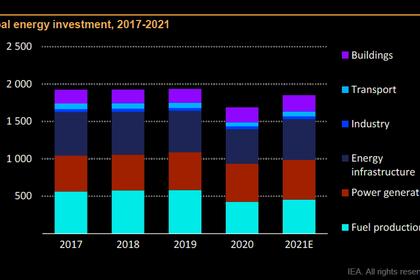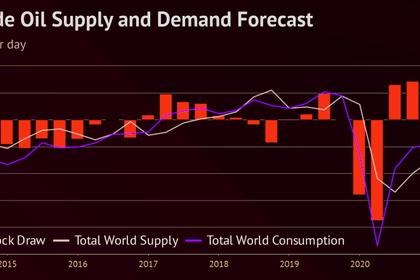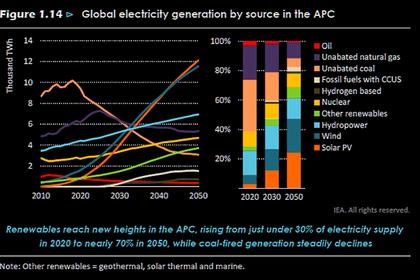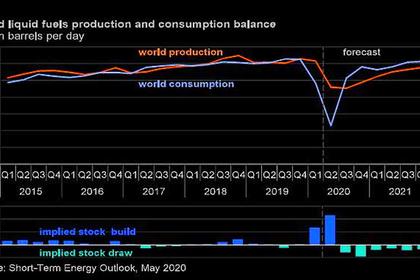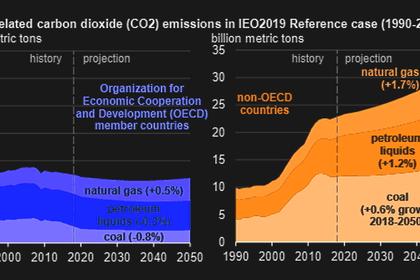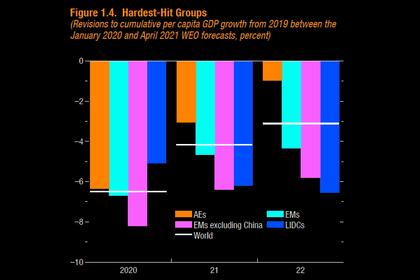
GLOBAL OIL, GAS DEFICIT
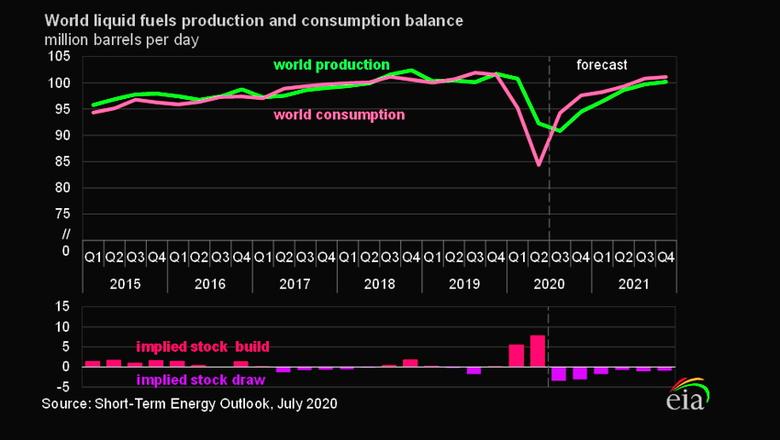
PLATTS - 07 Jun 2021 - Igor Sechin, CEO of Russia's largest crude producer Rosneft, warned June 5 that the world risks a shortage of oil, as climate concerns hit investments in fossil fuels.
"The long-term stability of oil supply is at risk due to underinvestment. This is due to both requirements of various stakeholders to completely cease investments in the petroleum sector and the aspirations of majors to increase shareholder value and shareholder returns through stronger dividend payout and share buyback," Sechin said during a panel session at the St Petersburg International Economic Forum.
Sechin urged the industry to prepare for oil demand recovery in the wake of the pandemic and said that while new waves of the pandemic may slow down the recovery process, they will not stop it.
Sechin was speaking at a panel attended by the CEOs of BP, CNPC, PetroChina, ONGC, Baker Huges, Vitol, Trafigura, Glencore and Socar, as well as vice presidents of Chevron and ExxonMobil.
Sechin said that China and India will drive global demand recovery and highlighted the stark contrasts between different countries' ability to mitigate the economic impact of the pandemic.
New risks
Sechin said that the unpredictable impact of the coronavirus pandemic has dwarfed traditional risks.
"The creation of vaccines raised hope for herd immunity, and created an illusion of a rapid recovery from the crisis. However, the scale of the pandemic, the virus' capacity for mutation and the occurrence of new virus strains were understated by everybody," Sechin said.
He identified deteriorating economic relations, green energy regulation, a dramatic change in the role of minority institutional investors, and regionalization replacing globalism as new risks to the industry.
Sechin said that the energy transition will lead to consolidation across the industry.
"Major operators acquire smaller companies and launch a more balanced policy aimed at achieving cost reductions rather than production growth," Sechin said.
"A cut in oil and gas production by majors, along with the inability to supply sufficient volumes of solar and wind energy to the market may lead to a new wave of mergers," he said.
He added that this could lead to improvements to energy companies' investment attractiveness.
Rosneft's energy transition
Sechin also outlined Rosneft's carbon management plan up to 2035. This includes a reduction of 30% of emissions in exploration and production, prevention of 20 million mt of greenhouse gas emissions, zero associated gas flaring and reducing the intensity of methane emissions.
Rosneft is also increasing gas production and plans to increase its share to over 25% of total production.
Sechin said that the company's megaproject Vostok Oil will contribute to environmental efficiency.
He estimated that the project's carbon footprint will be 75% lower than other major new oil projects globally.
"Oil from the Vostok Oil fields is distinguished by a uniquely low sulfur content of 0.01-0.04%, which is comparable to the Euro-3 standard for diesel fuel," Sechin said.
He added that this reduces the need for separate processing units at refineries, significantly reducing greenhouse gas emissions.
Sechin highlighted the importance of international cooperation on green projects.
"We are also working with BP in the field of carbon management and sustainable development and plan to jointly assess prospects for a wide range of projects: on renewable energy, carbon capture and storage, and hydrogen," Sechin said.
Rosneft is also discussing with partners for the possible creation of a special fund to implement projects aimed at reducing the industry's carbon footprint.
Sechin said that despite significant investment, renewable energy has not turned into a significant reserve for global economic development.
"Subsidies for wind and solar generation in the European Union have grown 5 times over 10 years to almost 50 billion euros per year, while the generation volumes themselves have increased only 3.6 times over the same period," he said.
-----
Earlier:
